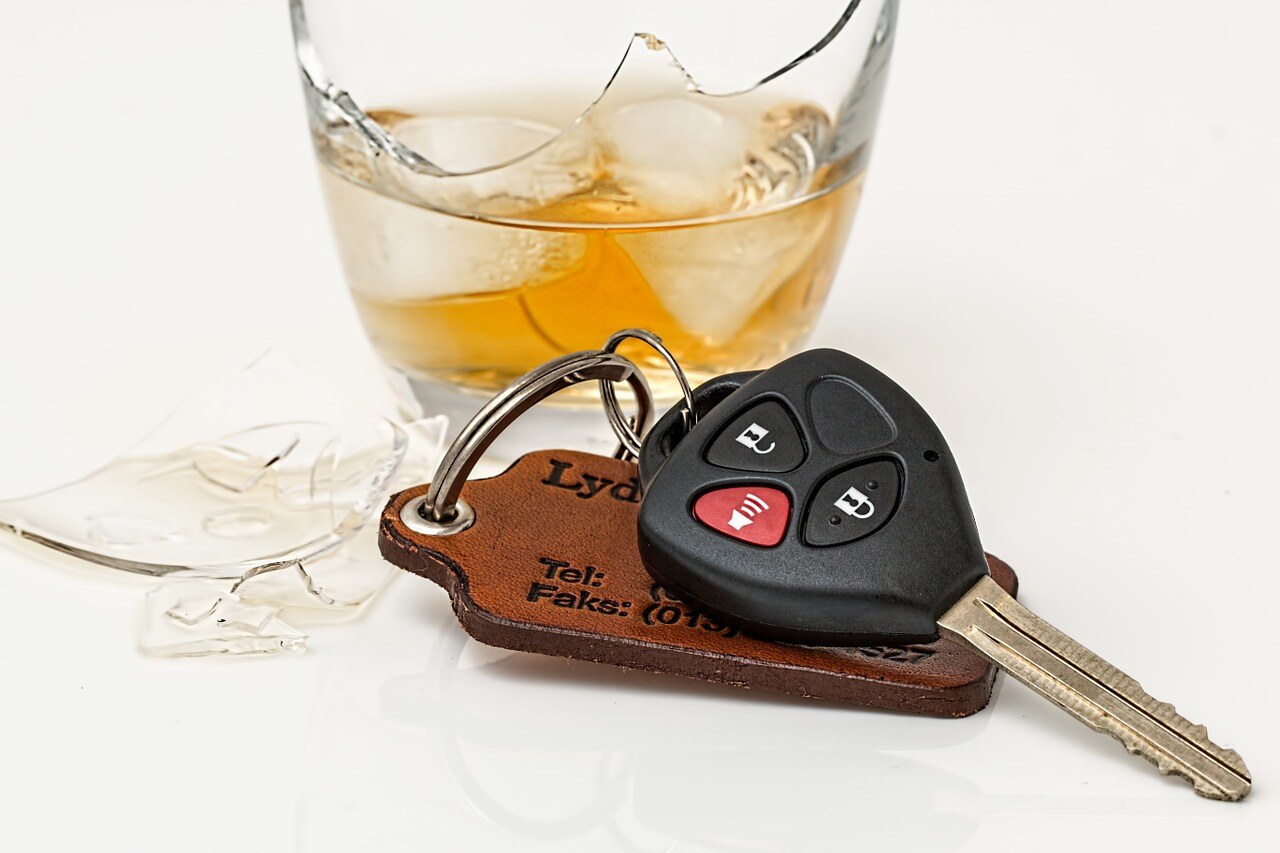Alcohol Awareness Month: Get Help Before Driving Drunk

According to the National Highway Traffic Safety Administration (NHTSA), each day “almost 30 people in the United States die in drunk-driving crashes.” That comes out to more than 10,000 people each year.
While the NHTSA states the number of drunk-driving related crashes has declined by one-third over the past three decades, it’s still a relevant problem on the roadways. When a person drinks and gets behind the wheel – whether it’s a commercial vehicle or their personal car – he or she puts everyone on the road at-risk.
As April marks Alcohol Awareness month, get tips on how to recognize the signs of someone who may suffer from a drinking problem, and where he or she can go to get help.
Know the Signs
According to AlcoholAwareness.org, alcohol abuse – or Alcohol Use Disorder – is an affliction that occurs when a person uses “alcohol to the point where it becomes an issue.” This can mean different things for each person.
AlcoholAwareness.org lists the following guidelines to determine if a person may suffer from Alcohol Use Disorder:
- One cannot control his or her urges to consume alcohol
- A person continues to use alcohol even though it may be causing problems in his or her life
- A person suffers from withdrawal symptoms when he or she stops drinking
- One’s tolerance to alcohol increases
Other signs to look for include:
- Experiencing hangovers, along with nausea, shakiness, sweating or trouble sleeping
- Missing activities like work or other commitments due to hangovers
- Trying to stop drinking but not being able to
- When drinking creates issues amongst family members and friends
According to AlcoholAwareness.org, the most common type of Alcohol Use Disorder is binge drinking. This is described as “the consumption of excessive alcohol in a short period of time.” The amount of alcohol considered to be “excessive” varies for men and women. For women, consuming four drinks within 2 hours is considered excessive, while for men five drinks in 2 hours in excessive.
Find Help
There are numerous resources available to those suffering from Alcohol Use Disorder. Some of these include:
- Alcoholics Anonymous (AA): This group is run by a community of recovering alcoholics. There are groups located across the country, so they are easy to locate and join. AA follows a 12-step recovery process.
- Local Rehab Clinics, Hospitals: There are rehab centers and medical facilities located in communities throughout the U.S. that specialize in helping patients fight additions. Those battling addiction can ask for referrals from their doctors, support groups, or look for facilities in their area to contact.
- National Institute on Alcohol Abuse and Alcoholism (NIAAA): This organization publishes materials to help people stay informed on types of treatment available and the effects of alcohol.
- Al-Anon and Alateen: Alcoholism affects more than those battling the disease – it also impacts their family and friends. This group helps those who are helping others fight the disease. It offers support and gives advice on how to encourage their loved ones battling addition.


